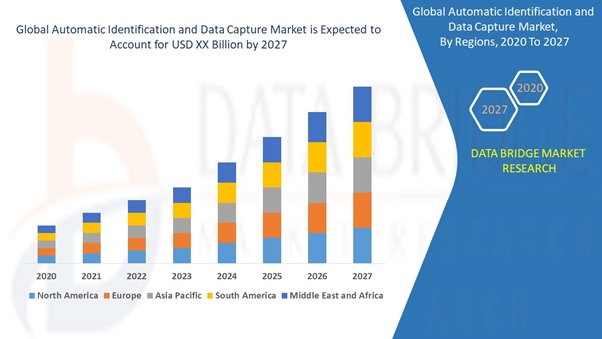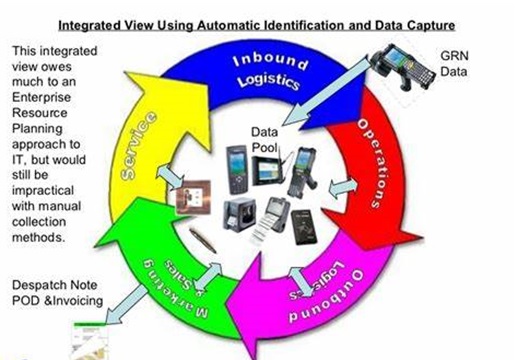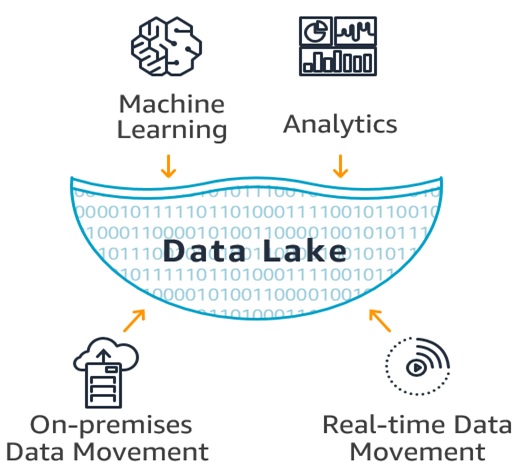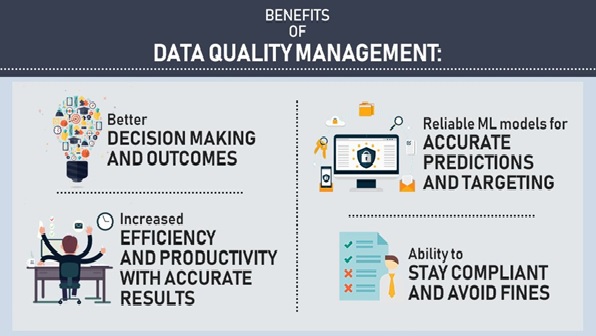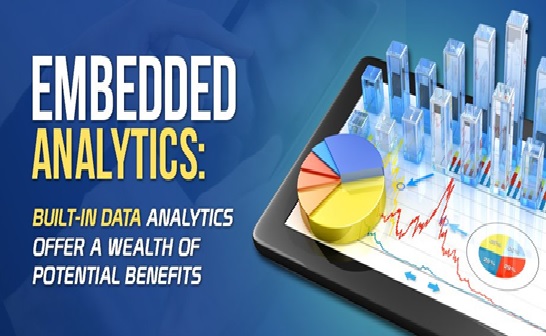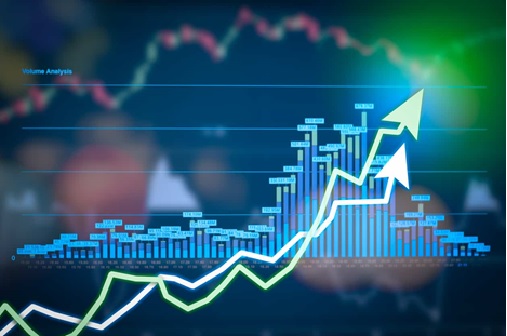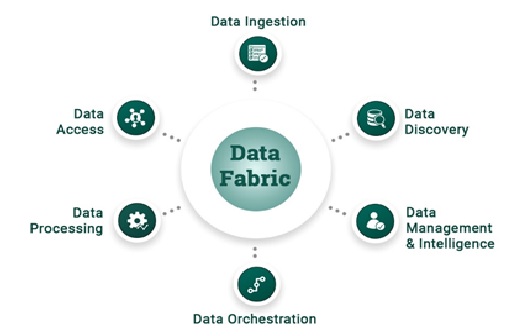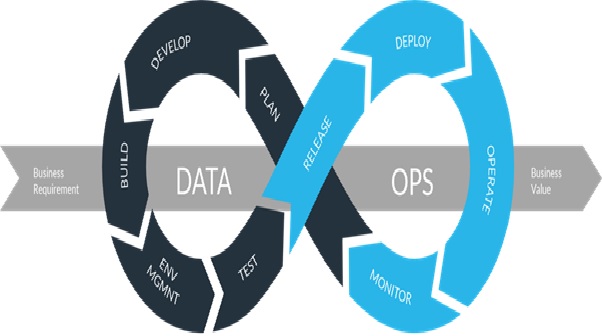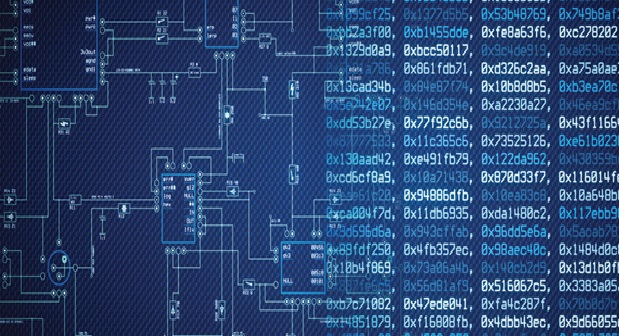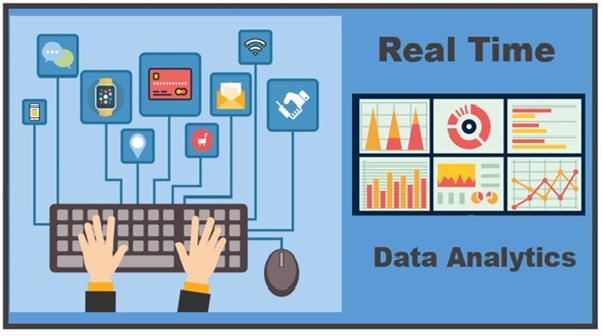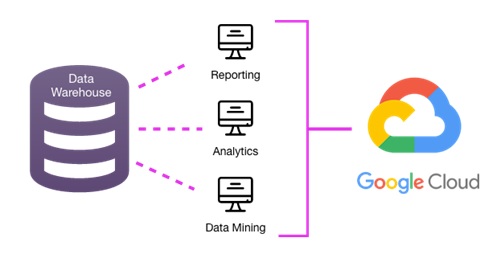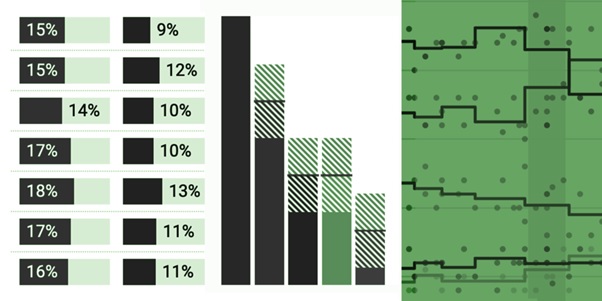Data Governance Tools (DG)
Data governance (DG) is the process of managing the availability, usability, integrity and security of the data in enterprise systems, based on internal data standards and policies that also control data usage. Effective data governance ensures that data is consistent and trustworthy and doesn't get misused. It's increasingly critical as organizations face new data privacy regulations and rely more and more on data analytics to help optimize operations and drive business decision-making. [1]
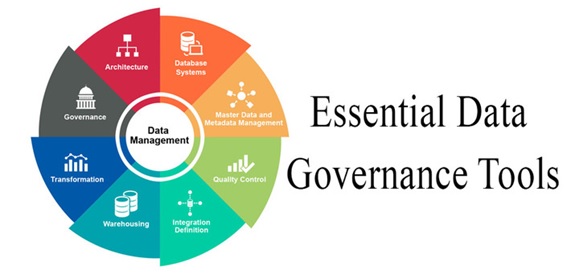
Figure 1. The Data Governance Tools (DG)
Figure 1 shows data governance is not a big bang initiative and would not work in this fashion. Instead, global initiatives are highly complex and long-term projects. They therefore run the risk that participants might lose trust and interest over time.
It is therefore recommended to start with a manageable or application-specific prototype project and to continue iteratively. In this way, the project remains manageable and experience can be used for more complex projects or to expand the data governance programs in the company. [3]
Data Governance Tools
Alation: Alation’s platform merges machine learning with human insight to automate and optimize data stewardship, data classification, business glossary, and data quality documentation. Engaging end users in the process is a key focus, with an approach that makes data governance, collaboration, and communication capabilities part of users’ daily workflows to encourage accurate, compliant data-driven decision-making.
Alex Solutions: Available as a full cloud or hybrid solution, Alex prides itself on the low total cost of ownership for its technology-agnostic data catalog, leveraging automation from its inception to improve efficiency and scalability. As a single, out-of-the-box complete platform, Alex is focused on ease of deployment across a variety of use cases.
Ataccama: Ataccama ONE automatically calculates data quality and classifies data to help companies prioritize and focus, with a “self-driving” approach designed to automate as much as possible in order to improve efficiency and ease of use. Security and privacy policies can be automatically enforced for all relevant data assets, making data available to those who need it when they need it.
Collibra: Collibra Data Governance automates key governance and stewardship tasks to ensure that data governance stays up to date as the enterprise evolves, leveraging active metadata to understand an organization’s data across all sources and environments. Desktop and mobile apps provide quick access to data, reporting, and tasks, regardless of location.
Data.world: With a fully cloud-native data catalog, data.world maps an organization’s distributed data to consistent business concepts to generate a unified body of knowledge. An online catalog of pre-built integrations, connectors and APIs is designed to speed deployment and increase functionality, and data.world’s open data community helps users connect and share datasets.
Erwin: Acquired by Quest Software in December 2020, erwin automatically consolidates metadata from a variety of data sources into a central data catalog, then makes it accessible via role-based, contextual views, including a fully configurable On-Demand Impact Analyst Dashboard that consolidates important insights.
IBM: The IBM Watson Knowledge Catalog is a machine learning catalog for data discovery, data cataloging, data quality, and data governance, allowing organizations to access, curate, categorize and share data, knowledge assets and their relationships, wherever they reside.[2]
References:
- https://searchdatamanagement.techtarget.com/definition/data-governance
- https://www.itbusinessedge.com/data-center/best-data-governance-tools/
- https://bi-survey.com/data-governance
Cite this article:
Thanusri swetha J (2021), The Data Governance Tools (DG), Anatechmaz, pp. 29



